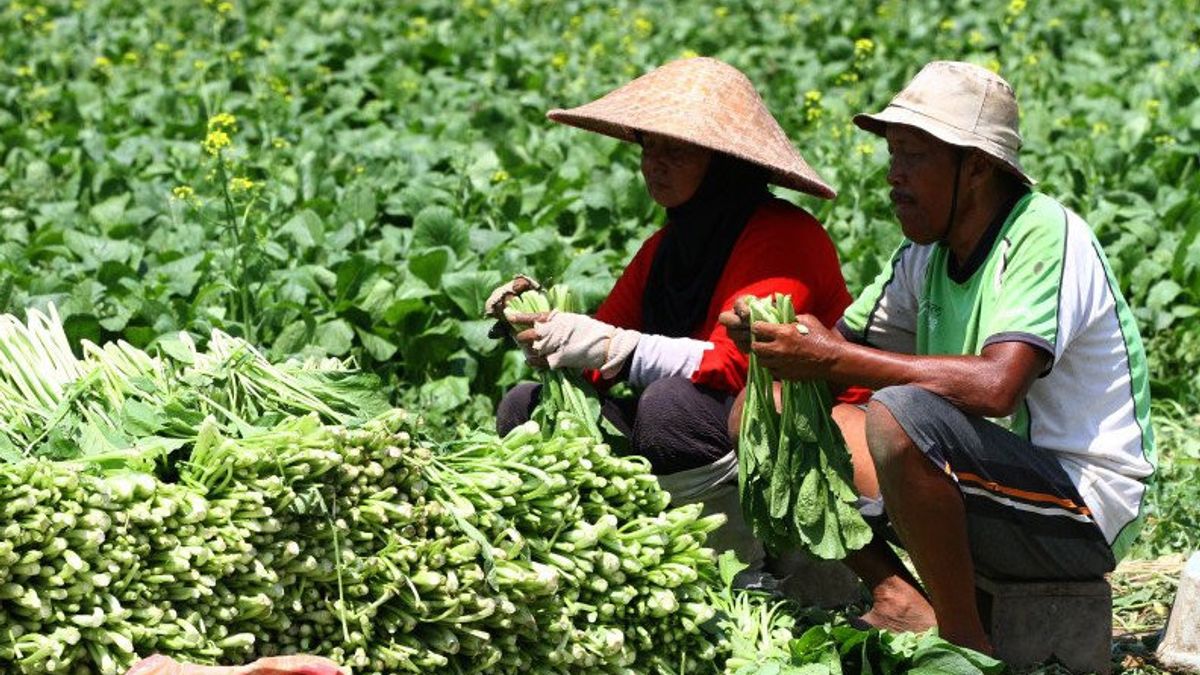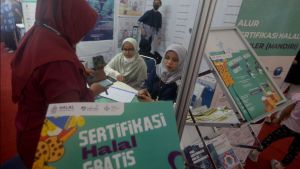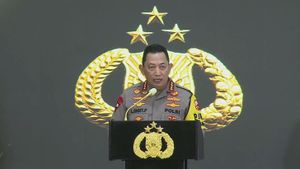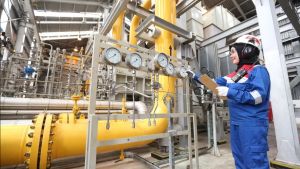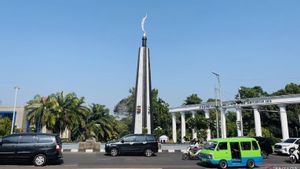JAKARTA - The uncertainty of the global economy, coupled with the disruption of the world supply chain due to prolonged geopolitical conflicts, is said to be causing a food crisis. In fact, President Joko Widodo (Jokowi) has also repeatedly warned about the food crisis.
In early December, President Joko Widodo (Jokowi) reminded his ministers to make careful calculations to deal with economic conditions in 2023 so that economic crises and food crises do not become social problems.
"Regarding economic conditions in 2023. Once again, we must remain careful and vigilant, related to the financial crisis, declining exports, the possibility of exports decreasing, then the food crisis is careful about the escape of social and political issues," said President Joko Widodo at the State Palace. Jakarta.
Long before that, Jokowi also mentioned that the world is currently in dire condition due to weakening economic growth, but inflation has also increased, making the prices of a number of commodities rise.
President Jokowi conveyed this when he opened the National Gathering of the 2022 TNI AD (PPAD) Retired Union last August.
"Economic growth has decreased but inflation has increased, the prices of goods have all increased. This is a condition that I can very much convey to the world in dire conditions," said President Jokowi.
Jokowi emphasized that currently there are 320 million people in the world who suffer from acute hunger and most of them are starving because the economy is not only falling, but also falling.
Then what are the investment prospects in the agricultural sector in the midst of the threat of a food crisis?
Director of the Center of Economic and Law Studies (Celios) Bhima Yudhistira said investment in the agricultural sector next year is still promising. Bhima said, this was driven by the recovery of people's movement.
"The agricultural sector's prospects are still positive, driven by the recovery of post-pandemic community movements so that the money spent on food increases," he told VOI, Friday, December 30.
Moreover, continued Bhima, Indonesia is a country with a large population. Of course, said Bhima, the amount of food stock needed is not small.
At the same time, Indonesia has 190 million people of productive age who need large amounts of food stocks. Although this year it was marked by an increase in agricultural investment due to the boom in palm oil commodity prices, next year, plant types will begin to spread that attract investors," he said.
Bhima said investment in the agricultural sector is not only in the upstream segment. According to him, what is more needed is the research and development segment or R&D agriculture and its distribution chain.
"Investing investment in food distribution is also promising. Because the distribution profit margin in Indonesia is very high," he said.
Although the prospects are quite bright, said Bhima, there are several challenges faced for investing in the agricultural sector. One of them is low innovation.
"But the challenges are still low agricultural innovation, limited banking financing, regeneration of farmers, rising fertilizer and logistics costs, and weather anomalies," he said.
The English, Chinese, Japanese, Arabic, and French versions are automatically generated by the AI. So there may still be inaccuracies in translating, please always see Indonesian as our main language. (system supported by DigitalSiber.id)
